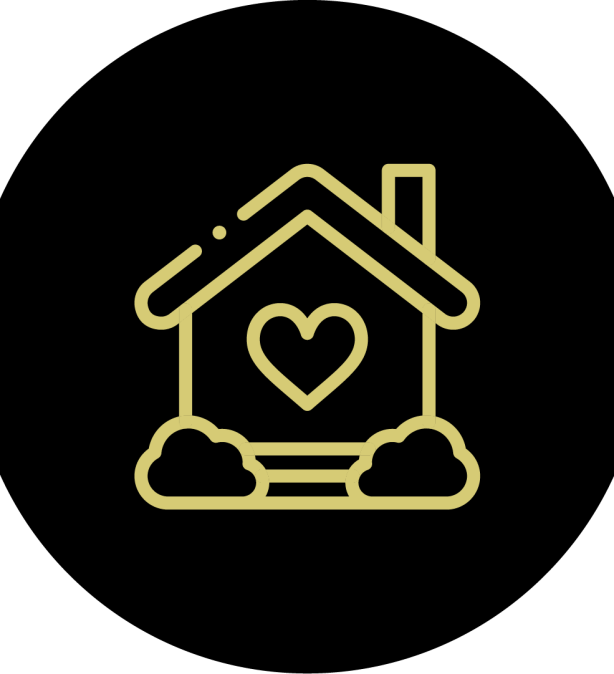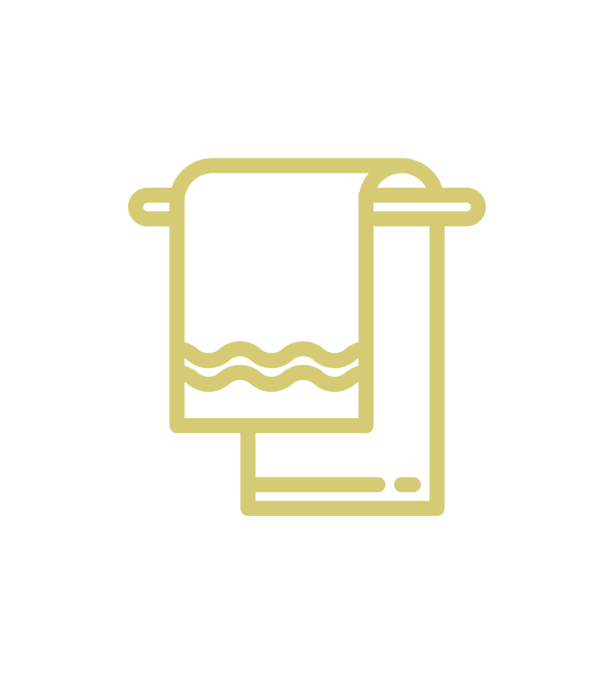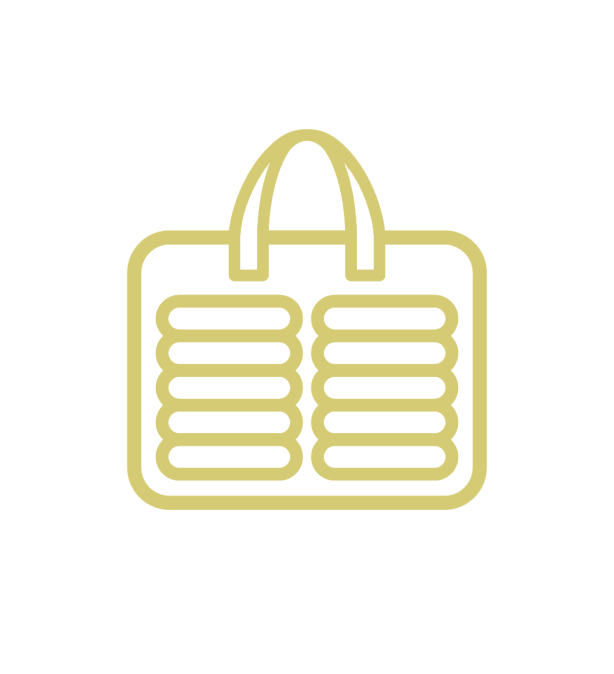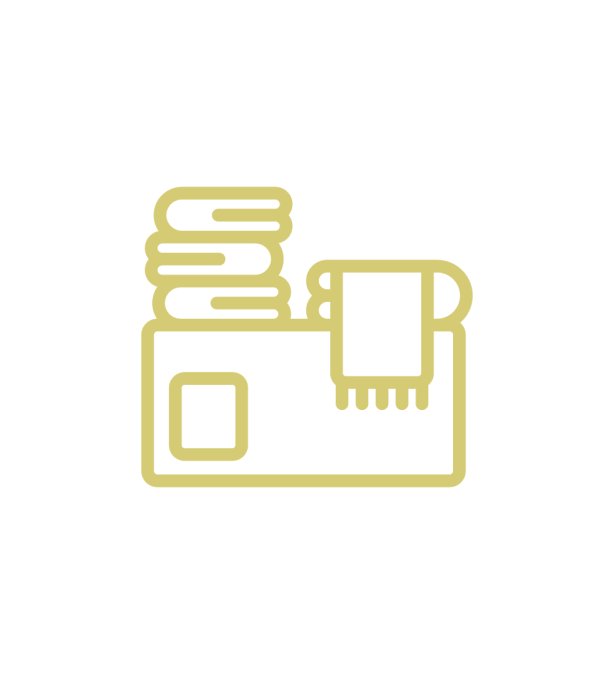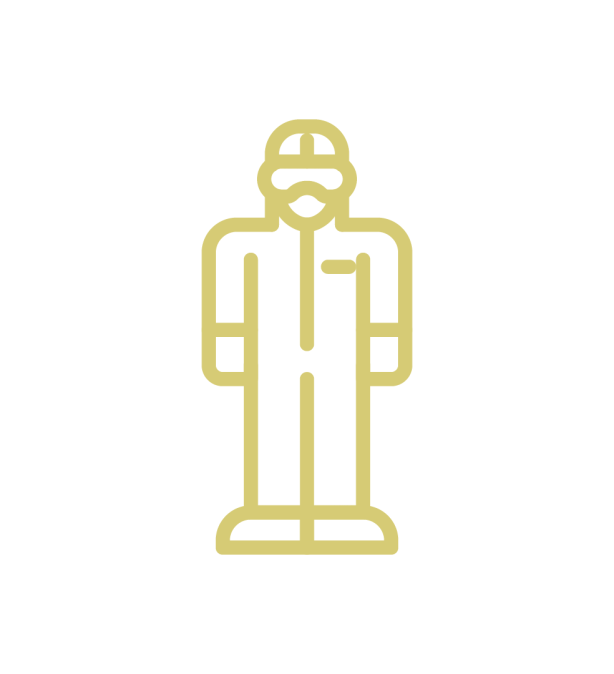12 Sleep Doctor-Approved Ways to Stop Alcohol Insomnia
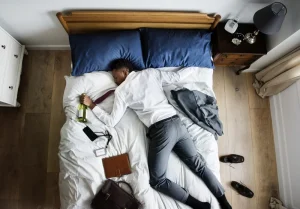
This biological phenomena catalyzes an overproduction of certain chemicals in the brain that were previously suppressed by alcohol. Alcohol can worsen sleep apnea, a condition where a person’s breathing stops and regularly starts while they sleep. Falling asleep and getting a full night’s rest are real problems that need to be managed effectively to maintain sobriety. Thankfully, sleeping without alcohol is an achievable goal if you follow several recommended strategies. Doctors have found that on its own, alcohol can narrow your upper airway and lead to sleep apnea problems, even if you have never had them before. Studies have shown that when you get up the next day, you may be less alert because of your drinking the night before, even though you no longer have alcohol left in your body.
Limit Daytime Naps
These practices can help reduce stress levels and promote a sense of calm before bedtime. When it comes to falling asleep without relying on alcohol, there are several natural methods that can help promote better sleep. By incorporating relaxation techniques, breathing exercises, meditation, and mindfulness into your bedtime routine, you can create a calm and peaceful environment conducive to a good night’s rest. Understanding the connection between alcohol and sleep, as well as the potential pitfalls of relying on alcohol for sleep, can help individuals make informed choices about their sleep habits. By exploring alternative methods to promote healthy sleep, individuals can improve their sleep quality and overall well-being in a sustainable way. Alcohol can have a detrimental impact on sleep, but these problems can also persist once you decide to stop drinking.
How Long Does It Take for Sleep To Improve After Stopping Drinking?
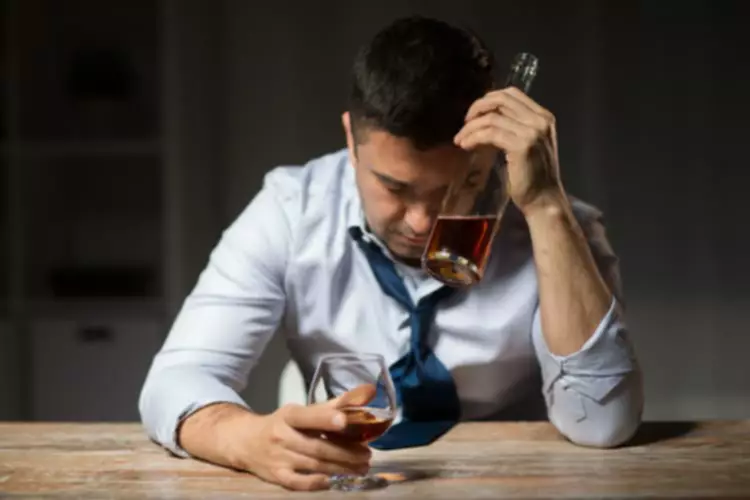
Alcohol withdrawal insomnia is so common that it is one of the diagnostic criteria for alcohol withdrawal. Insomnia from alcohol withdrawal is likely to persist through the initial period of abstinence. Insomnia after alcohol withdrawal may, in some cases, persist for months or years.
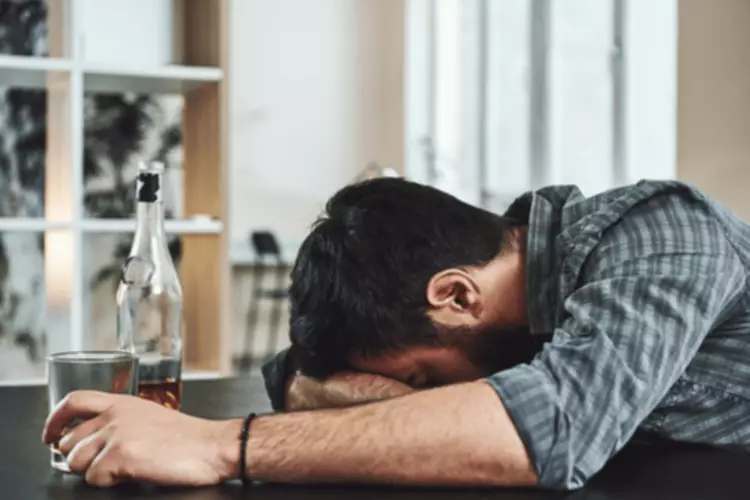
Alcohol and Sleep Apnea
- Cut yourself from liquids at least two hours before bed to avoid middle-of-the-night bathroom trips.
- In order to improve sleep quality and break the reliance on alcohol for falling asleep, it is important to establish good sleep hygiene practices.
- This disruption can result in a decrease in sleep efficiency and an increase in sleep-related problems.
- With the proper support and treatment, overcoming this dependency is not only possible but can lead to a significant improvement in both mental and physical well-being.
- In turn, this results in more awakenings and a reduction in the restorative REM sleep phase.
Sleep medications should be used judiciously and only for a short period of time. They can help regulate sleep patterns and assist in transitioning away from alcohol as a sleep aid. It’s crucial to follow the recommended dosage and consult with a healthcare professional to minimize the risk of dependency or other potential side effects. Incorporating stress management techniques into your daily routine can help calm your mind and prepare your body for sleep. Consider trying relaxation techniques such as deep breathing exercises, progressive muscle relaxation, or engaging in activities that promote mindfulness and meditation.
Does Stopping Alcohol Consumption Cause Insomnia
Ultimately, no two cases of insomnia are the same, and no treatment plan is right for everyone. Anyone experiencing insomnia should speak with a doctor to learn more about what treatments may work best for them. An uncomfortable sleep environment can make getting a good night’s rest challenging.
Alcohol and Insomnia: That Nightcap Might Keep You Up at Night
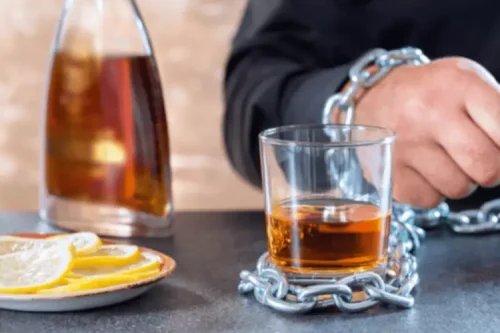
After drinking, you might notice that you dream less, which is a typical indication of shortened REM sleep. Research from 2018 corroborates this, suggesting that people experience a lower duration and quality of REM after consuming alcohol. An older study concluded that alcohol might reduce sleep in the first half of sleep and increase disruption in the second half. As alcohol enhances the GABA’s function, it causes a slowing of brain activity, which can make a person feel sleepy and tired.
Improve Your Sleep Hygiene
Consequently, there’s an uptick in wakefulness at times when sleep should naturally occur. It’s a pendulum that swings back with a vengeance, causing sleep woes. Think of your body as a downtown city – buzzing with events and activity. Alcohol had been hosting one of the most attended shows for years and, suddenly, it’s gone. It’s as if countless citygoers have nowhere to go, creating chaos and restlessness. By understanding the whys and hows behind insomnia, we can devise strategies to reclaim your sound sleep.
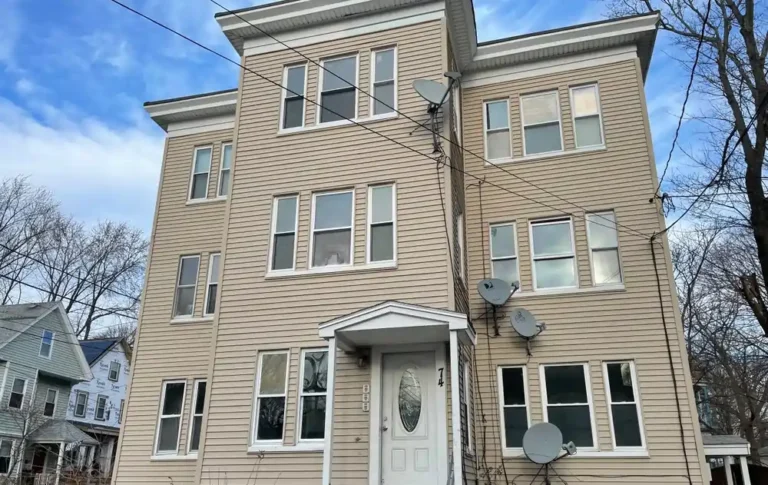
How does alcohol withdrawal affect insomnia?
These methods include activities such as reading a book, listening to soothing music, or taking a hot bath. When you stop drinking, your brain may rebound by increasing REM sleep, how to sleep without alcohol sometimes leading to an overload of vivid dreaming or even nightmares. This REM sleep rebound can be disruptive, leading to more fragmented sleep and daytime fatigue.
- Your insurance plan may cover some or all of the cost of treatment for drug or alcohol addiction.
- One study shows that this is the reason about 10% of people drink alcohol.
- Meanwhile, it increases the time spent in the lighter N2 stage of non-REM sleep.
- It can be quite beneficial to replace alcohol with warm milk or tea.
Can’t Sleep Without Alcohol? 5 Alternatives to Try
Although there’s no evidence that alcohol can cause narcolepsy (sleepwalking), it does disrupt REM sleep, which may make the onset of sleepwalking more likely. When you call our team, you will speak to a Recovery Advocate who will answer any questions and perform a pre-assessment to determine your eligibility for treatment. If eligible, we will create a treatment plan tailored to your specific needs. If The Recovery Village is not the right fit for you or your loved one, we will help refer you to a facility that is.
- Alcohol disrupts the natural sleep cycle by suppressing REM (rapid eye movement) sleep, which is essential for restorative rest.
- Those who have been heavy drinkers for many years may experience a longer adjustment period compared to moderate drinkers.
- Establishing a fixed bedtime and wake-up time assists the body in normalizing its sleep pattern, which is often disrupted during alcohol withdrawal.
- You may not be able to sleep after drinking alcohol because it can be a stimulant in some cases, and it can fragment your sleep, reduce melatonin, and cause or worsen anxiety and sleep disorders.
- FYI, sleep debt is measured against your sleep need — the genetically determined amount of sleep you need.
- For the treatment of either disorder to be effective, both insomnia and substance abuse should be addressed together.
Remember that creating a consistent bedtime routine and a sleep-friendly environment are key factors in establishing healthy sleep habits that will benefit your overall well-being. With dedication and effort, you can break free from the cycle of alcohol dependency and enjoy restful nights of deep, rejuvenating sleep. The Recovery Village Cherry https://ecosoberhouse.com/ Hill at Cooper offers comprehensive addiction treatment for drug and alcohol addictions and co-occurring mental health conditions. The bidirectional nature of the relationship between alcohol and sleep is also noteworthy. Poor sleep can lead to increased alcohol consumption as a coping mechanism, which in turn can further disrupt sleep patterns.


